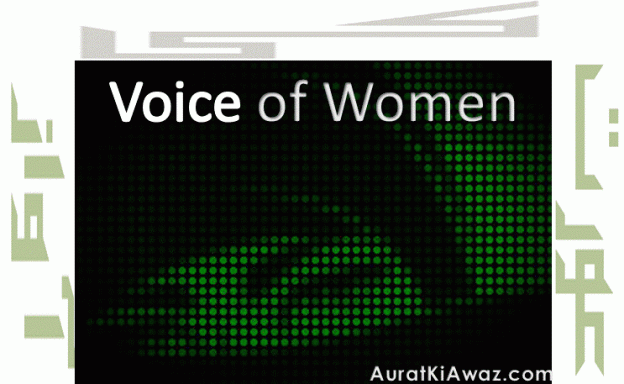Why women in Pakistan need a VOICE?
Women make up 60% of Pakistani population. Fast forward 70 years from independence, she’s still unheard.
Beaten, worked, burnt, raped, used, abused, seldom appreciated. According to a JPMA study, 70-90% of Pakistani women are subjected to domestic violence, the JPMA article is an eye opener, alongside a Wikipedia page on the subject.
There’s an air of legitimacy about it all, CII or Council of Islamic Ideology, has recently recommended changes to law that, among other things, legitimize “light wife beating”:
Workplace violence is rampant, Rafia Zakaria’s article on the same graphically depicts aspects, quoted below.
Misogyny is manufactured in two major flavours in Pakistan. The first is on the premises of religious obscurantists whose hankering for the reinstatement of a strictly segregated society sees the harassment-filled workplace as a grim substantiation of their warnings. Women should not be in the workplace at all, the male conscience is unable to police itself.
The second, one that wrongly labels itself as liberal and progressive, imagines it to mean a licence to harass and harangue. A woman’s willingness to put up and shut up is, in its mind, the product of this ‘progressivism’, its illogical mindset equating women in the public sphere with women sexually available to all men who may want them. The two flavours compete, their poisons infecting the working lives of women — doctors, lawyers, shopkeepers, bankers, teachers, professors and countless others — who are daily force-fed these bitter morsels of misogyny.
Wikipedia summarizes women’s issues in Pakistan as follows:
- Purdah
- Purdah norms are followed in many communities of Pakistan.[50][51] It is practised in various ways, depending on family tradition, region, class, and rural or urban residence.[52]
- Child marriage/ (Vani)
- Although the Child Marriages Restraint Act makes it illegal for girls under the age of 16 to be married, instances of child marriages are commonly found in rural areas. Vani is a child marriage custom followed in tribal areas and the Punjab province. The young girls are forcibly married off in order to resolve the feuds between different clans;[53] the Vani can be avoided if the clan of the girl agrees to pay money, called Deet, to other clans.[54] Swara, Pait likkhi and Addo Baddo are similar tribal and rural customs that often promote marriage of girls in their early teenage years. In one extreme case in 2012, a local Jirga in Ashari village, Swat ordered that Roza Bibi, a girl of six, must be married off into a rival family to settle a dispute between her family and the rival family.[55]
- Watta satta
- Watta satta is a tribal custom in which brides are traded between two clans. In order for you to marry off your son, you must also have a daughter to marry off in return. If there is no sister to exchange in return for a son’s spouse, a cousin, or a distant relative can also do. Even though Islamic law requires that both partners explicitly consent to marriage, women are often forced into marriages arranged by their fathers or tribal leaders.[14]
- Honor killings Main article: Honour killing in Pakistan
- A majority of the victims of honour killings are women and the punishments meted out to the murderers are very lenient.[21][56] Pakistani courts showed understandability for such crimes in the past due to cultural norms and awarded punishments other than the death penalty. Judges took the crime as a “sudden provocation” and murderer was not given death penalty.[citation needed] Now the honor killing has been explicitly termed a “cold blooded murder”, a step forward in typically patriarchal society[57][not in citation given] The practice of summary killing of a person suspected of an illicit liaison is known as karo kari in Sindh and Balochistan. In December 2004, the Government passed a bill that made karo kari punishable under the same penal provisions as murder.[58] Many cases of honour killings have been reported against women who marry against their family’s wishes, who seek divorce or who have been raped.[59]
Thus at home, or outside, women, are very unequally equal to men. This, despite the fact that they raise families, nurture children and give birth, often in appalling conditions, take care of elderly and husbands, physically, sexually and egoistically. They are often the “piggy bank” of the house; saving up for children’s education or daughter’s expensive marriages due the practice of “dowry” that literally results in parents’ buying an expensive, mostly abusive groom for their daughter or risk a stay at home daughter.
Women’s voice is suppressed, even in voting, in a male dominated society. 133rd out of 135 countries, Pakistan isn’t exactly the place where gender equality and political participation of women is encouraged.
Women are capable of not only sorting out these issues but larger issues facing the country. Our finest Doctors, Engineers, Scientists, Teachers, Artists, Musicians, Models, Actresses, loving mothers, daughters, sisters, wives and Humanitarians.
Which is just what we wish to unleash on the people of Pakistan.

